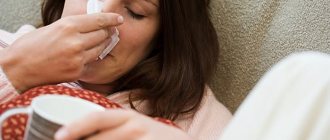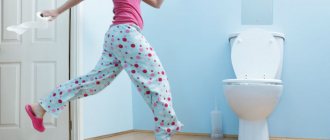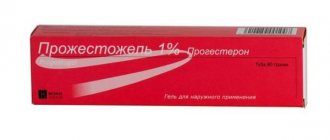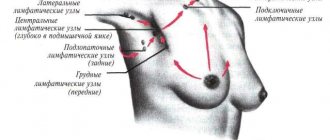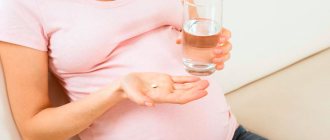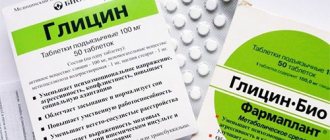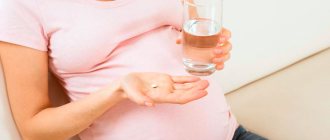During pregnancy and childbirth, a woman’s body experiences serious stress, as a result of which the immune system weakens, which opens the door to infections. Cystitis often occurs in young mothers.
Cystitis develops quite often in young mothers
This is not only discomfort, but also the risk of complications. The problem with choosing a treatment regimen is that many medications are prohibited for nursing mothers, since the drugs pass into milk. Self-medication is excluded; the doctor will be able to prescribe the correct treatment for cystitis during breastfeeding.
Cystitis in nursing – the main drugs for treatment
If the problem is identified in a timely manner and treatment is started, the pathology can be eliminated within a week. And, conversely, if therapy is neglected, the inflammatory process can spread to the kidneys, turning into pyelonephritis. Recurrent pyelonephritis causes renal failure, which is already life-threatening.
Young mothers often have no time to take care of their health, since all their thoughts and energies are aimed at caring for their babies. No matter how much the baby needs care, you must find time to monitor your own health and treat cystitis during lactation, when the diagnosis has already been established. Chronic cystitis will lead to life problems.
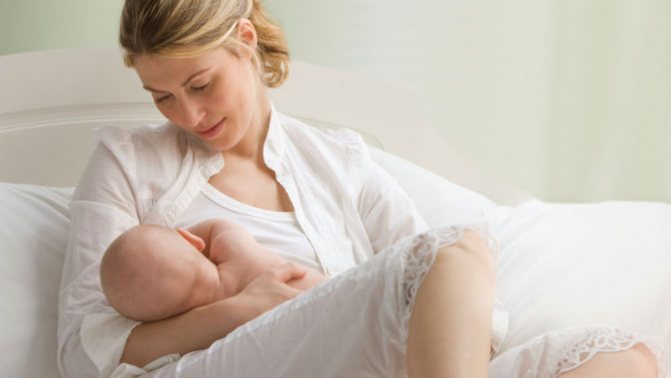
Cystitis in a nursing mother requires treatment
Cystitis is mainly caused by bacteria. You can get rid of bacteria with the help of antibiotics. For nursing mothers, a drug is selected that does not interfere with breastfeeding. In some cases, breastfeeding will have to be interrupted in order to be cured. During the break, select a formula for the baby.
Cephalosporins, penicillins and macrolides are effective against cystitis. These groups of antibacterial drugs will be discussed below.
Diagnostics
Diagnosing acute cystitis in a breastfed woman is not particularly difficult, since the clinical symptoms of the disease are specific and can be pronounced. Confirmation of the pathological process is carried out by laboratory and instrumental studies, such as:
- clinical blood and urine analysis;
- bacterial culture of urine to determine the pathogen;
- determination of sensitivity to antibiotics;
- Ultrasound of the bladder.
After examination and confirmation of the diagnosis of cystitis in a woman nursing a child, therapy is prescribed with a certain adjustment of medications.
A group of penicillins for cystitis
Drugs of this group are prescribed to treat cystitis in a nursing mother, when E. coli was found in the tests, or the causative agent of the pathology could not be identified. There is no need to stop feeding the baby, since the drugs pass into the milk in negligible doses. Occasionally, drug components cause allergies. The most popular drugs are Amoxiclav and Augmentin.
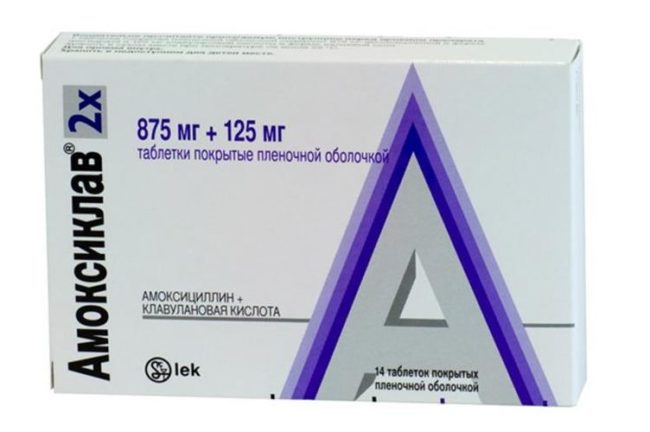
What is the disease
During the development of this disease, inflammation of the bladder walls occurs, which is provoked by various viruses and bacteria. They are always present in the normal state, but weakened immunity gives them a reason to feel like they are the master of the situation, and an intensive reproduction process begins, which leads to the development of cystitis after childbirth.
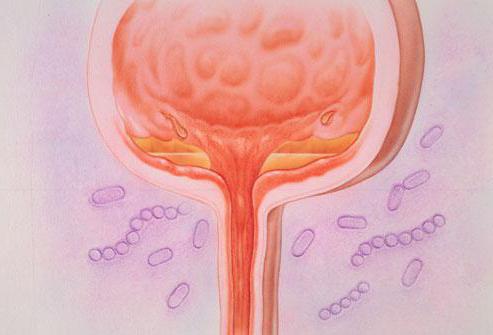
Typically, such provocateurs are enterobacteria, saprophytic staphylococci and Escherichia coli. Less commonly, the causative agents are mycoplasmas, chlamydia or fungi.
Cephalosporins in the treatment of nursing mothers
The group of drugs is considered relatively safe; cephalosporins penetrate little into the milk of a nursing mother. But even with this dosage, some infants experience allergies and other negative reactions.
If the mother is treated with cephalosporins, it is necessary to monitor the functioning of the baby’s intestines and the condition of its skin.
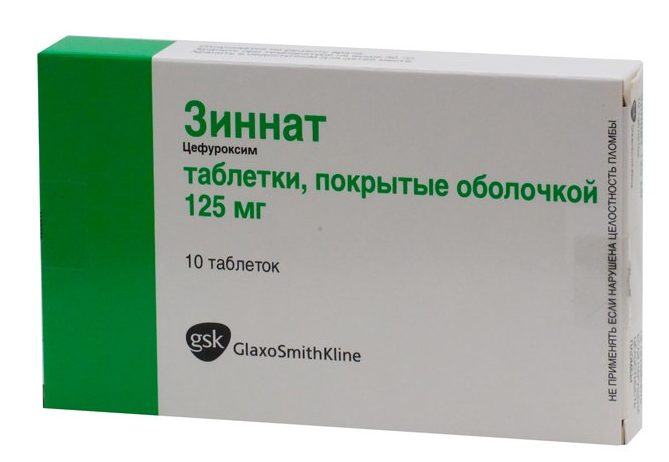
If a rash appears, you need to stop breastfeeding and switch the baby to formula or treat cystitis during lactation with another drug. One of the drugs is considered Zinnat, which is given to mothers and infants.
Treatment of cystitis with macrolides
Drugs in this group are prescribed if test results reveal chlamydia and mycoplasma. During treatment, the child must be switched to artificial formula. A nursing mother should express milk to maintain lactation and return to breastfeeding when treatment for cystitis ends.
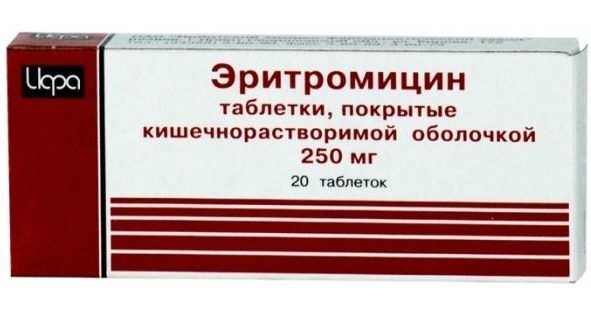
A popular drug is Erythromycin, an antibiotic from the first generation of drugs. It can cause an imbalance of intestinal microflora, so it is better to take drugs from the latest generations. These are Clarithromycin, Azithromycin, etc.
Drinking regime
Regular trips to the toilet help eliminate bacteria and toxins. That is why drinking regime is very important for the treatment of cystitis.
You need to drink about three liters of liquid per day. Compotes and fruit drinks made from sour berries are good, as are natural juices and herbal teas.
It is necessary to follow a special diet, which is based on foods that have diuretic properties. These include cucumbers, melon, watermelon, grapes and others. Salted, smoked, spicy and fried foods are completely excluded. Such nutrition and regular drinking are necessary for a quick recovery.
Not all drinks are created equal. First of all, you should not drink alcohol or strong brewed tea. Fermented milk drinks are permissible only if there is a positive trend in the fight against the disease.
Nitrofurans for cystitis during hepatitis B
Monural is a medicine from the nitrofuran group. The modern drug is taken once, so you can interrupt feeding the child for 1 day and undergo treatment. But, according to the international reference book, the drug is approved for use during lactation, since it is not absorbed by the infant’s intestines.
The groups of antibiotics listed above are prescribed by a doctor. A woman needs to follow his recommendations without changing the dosage and duration of the course. It is impossible to interrupt therapy, as this is fraught with relapse and resistance of pathogenic microorganisms.
Herbal medicine for breastfeeding
In addition to antibacterial drugs, herbal medicines are prescribed to nursing mothers to speed up the healing process. Such drugs relieve disturbing symptoms, reduce inflammation, and have a diuretic effect.

Traditional medicine is used not instead of antibiotics, but together with them. Herbs alone will not get rid of bacterial inflammation, except to reduce the manifestation of symptoms, and then only for a short time. You can buy ready-made phytocomplexes at the pharmacy:
- Phytolysin. This is the paste from which the solution is prepared. The preparation contains parsley root, wheatgrass, as well as goldenrod, birch leaves, fenugreek seeds, onion peels, orange, sage and mint oils. Relieves spasms and inflammation. Course – 1-1.5 months. Take the drug 3 times a day, dissolving 1 tsp. paste in 100 ml warm water.
- Canephron. The drug contains lovage root, rosemary leaves, centaury. The listed plants have a diuretic effect, relieve spasms, destroy pathogenic microflora, and enhance the effect of antibiotics. The course lasts a month, dosage – 50 drops / 2 tablets 3 times a day. During lactation, preference is given to pills, since the solution is prepared with alcohol.
Folk remedies for cystitis
In addition to the remedies listed, there are other options for treating cystitis during breastfeeding. Traditional medicine eases the course of the disease, relieves painful pain in the bladder, and reduces the frequency of the urge to urinate.
A nursing mother should not be nervous; lactation suffers from this and the baby becomes restless. Any means that can relieve disturbing symptoms will be received with joy by the young mother, but it is absolutely impossible to select medications without a doctor.
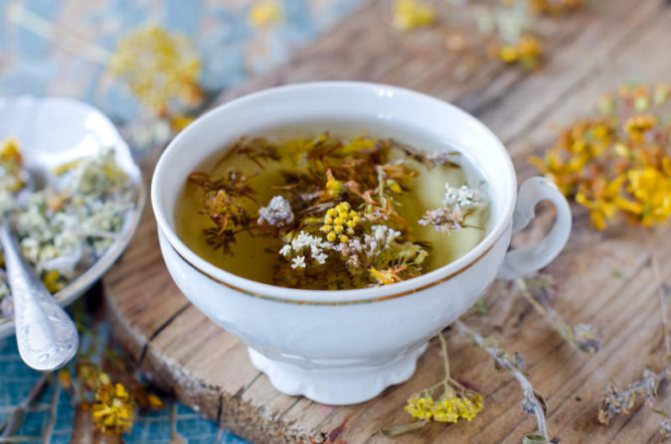
Herbal decoctions perfectly relieve inflammation
Doctors give recommendations:
- reduce the amount of salt in your diet. Salt provokes swelling of the mucous membrane and increases the inflammatory process in the bladder. It is advisable to avoid pickles, cheeses, marinades, and salted fish during treatment;
- Replace tea with healthy infusions. Instead, they brew rose hips, lingonberry leaves, make cranberry juice and healthy drinks, plant decoctions, kidney teas and urological teas, which are not contraindicated for nursing mothers;
- drink mineral water. Choose water enriched with potassium, iron and magnesium. It will be alkaline to reduce the acidity of urine and speed up the removal of microbes from the urinary system. Strengthen your drinking regime if there are no contraindications. Drink less sugary drinks, more water and natural decoctions.
As mentioned above, treatment of cystitis should be comprehensive and cannot be based solely on traditional medicine recipes. Inappropriately selected therapy leads to a complicated course of the disease, transition to a chronic form, complications and consequences develop.
Prevention
If after childbirth the disease “hits” a woman once, then where is the guarantee that cystitis will not happen again? We have looked at treatment for breastfeeding; all that remains is to focus on the prevention of this pathology.
- It is necessary to drink as much fluid as possible.
- Do not hold back the urge to go to the toilet.
- Observe personal hygiene rules.
- Avoid hypothermia.
- Reduce your consumption of sweets.
Quite often, nursing mothers cite being busy and do not rush to see a doctor at the first sign of cystitis. They begin to take medications on their own and be treated with folk remedies. But sometimes they forget that even seemingly harmless herbal remedies and herbal preparations can harm their baby. But a child needs a healthy mother, so don’t neglect going to the clinic. Take care of yourself and be healthy!
How to avoid getting cystitis as a young mother
Knowing the factors that provoke the development of the disease, one can logically assume what measures to take to prevent the disease. Below are preventive measures that will protect against the disease and help avoid relapses of cystitis:
- avoid hypothermia. When walking with your child, you need to take care not only of his comfort, but also of your health - you need to dress according to the weather, especially when it comes to insulating the lower abdomen and legs. Both light clothing and excessive wrapping are harmful. You need to find the right wardrobe for every weather;
- control health. Even in conditions of insufficient free time, a nursing mother must monitor her health and promptly eliminate sources of infectious diseases - caries, tonsillitis, thrush, etc.;
- maintain intimate hygiene. There is plenty of information on the Internet; if you are embarrassed to ask a doctor about washing, you can get answers in scientific articles on the Internet. You need to wash yourself 2 times a day, and also after bowel movements. It is important for women to wash and wipe only in one direction - from the pubis to the anus;
- Constipation causes blood stagnation in the pelvis, cystitis and hemorrhoids. Therefore, you need to review your diet, enriching it with fiber, and use laxatives if necessary - Forlax, Duphalac, etc. The diet should not contain alcohol, salty and spicy foods, spices and marinades.
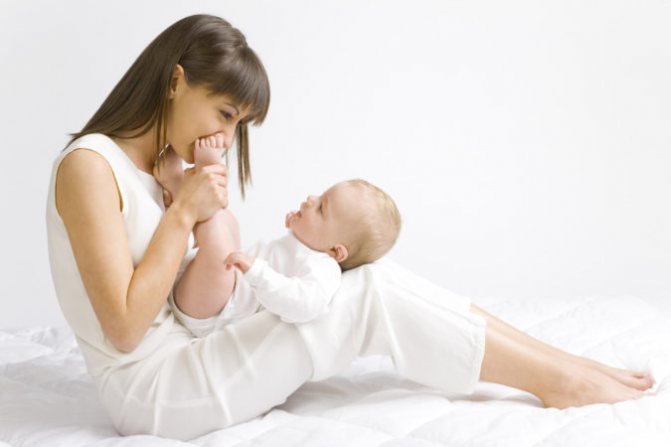
A young mother should carefully monitor her health
The listed recommendations will be useful not only in relation to cystitis, but also in the treatment and prevention of other diseases. During breastfeeding, a woman can treat inflammation only with medications that are compatible with breast milk.
The doctor will recommend modern medications that will not harm the baby. The sooner therapy begins, the faster recovery will occur.
